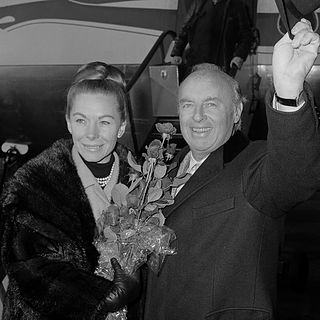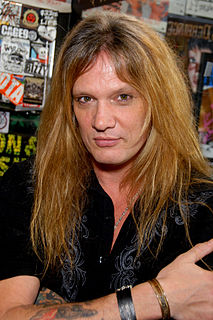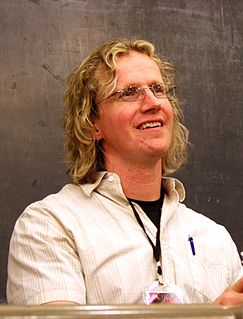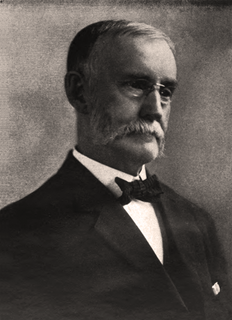A Quote by Sir John Davies
These wickets of the soul are plac'd so high,
Because all sounds do highly move aloft;
And that they may not pierce too violently,
They are delay'd with turns and twinings oft.
For should the voice directly strike the brain,
It would astonish and confuse it much;
Therefore these plaits and folds the sound restrain.
That it the organ may more gently touch.
Related Quotes
Are we lost, or are we found at last? On earth we strive for our various needs, because so goes the fundamental law of man. Aloft, at least for a little while, the needs disappear. Likewise the striving. In the thoughts of man aloft, food and evil become mixed and sometimes reversed. This is the open door to wisdom. Aloft, the earth is ancient and man is young, regardless of his numbers, for there, aloft he may reaffirm his suspicions that he may not be so very much. This is the gateway to humility.
We listen too much to the telephone and we listen too little to nature. The wind is one of my sounds. A lonely sound, perhaps, but soothing. Everybody should have his personal sounds to listen for-sounds that will make him exhilarated and alive, or quiet and calm... As a matter of fact, one of the greatest sounds of them all-and to me it is a sound-is utter, complete silence.
The Jews would not willingly tread upon the smallest piece of paper in their way, but took it up; for possibly, they say, the name of God may be on it. Though there was a little superstition in this, yet truly there is nothing but good religion in it, if we apply it to men. Trample not on any; there may be some work of grace there, that thou knowest not of. The name of God may be written upon that soul thou treadest on; it may be a soul that Christ thought so much of, as to give His precious blood for it; therefore despise it not.
The wise screen writer is he who wears his second-best suit, artistically speaking, and doesn't take things too much to heart. He should have a touch of cynicism, but only a touch. The complete cynic is as useless to Hollywood as he is to himself. He should do the best he can without straining at it. He should be scrupulously honest about his work, but he should not expect scrupulous honesty in return. He won't get it. And when he has had enough, he should say goodbye with a smile, because for all he knows he may want to go back.
He may delay because it would not be safe to give us at once what we ask: we are not ready for it. To give ere we could truly receive, would be to destroy the very heart and hope of prayer, to cease to be our Father. The delay itself may work to bring us nearer to our help, to increase the desire, perfect the prayer, and ripen the receptive condition.
We still know so little about how the brain interacts with the body chemistry or, for that matter, whether we should be talking about the brain or the mind, that it would be perilous to hazard any guess about the way Abraham Lincoln's biological health may or may not have affected him. Of course, we don't have Lincoln on hand to ask him directly; but even if we did, we still might not be able to make sense of how all the parts worked together.
For I wondered that others, subject to death, did live, since he whom I loved, as if he should never die, was dead; and I wondered yet more that myself, who was to him a second self, could live, he being dead. Well said one of his friend, "Thou half of my soul"; for I felt that my soul and his soul were "one soul in two bodies": and therefore was my life a horror to me, because I would not live halved. And therefore perchance I feared to die, lest he whom I had much loved should die wholly.
If I freely may discover
What should please me in my lover,
I would have her fair and witty,
Savouring more of court than city;
A little proud, but full of pity;
Light and humorous in her toying,
Oft building hopes, and soon destroying,
Long, but sweet in the enjoying;
Neither too easy nor to hard;
All extremes I would have barr'd.
A verse of Scripture in the morning, may become a blessing for all the day. It may sing in the heart as a sweet song, from morning until evening. It may become a liturgy of prayer in which the soul shall voice its deepest needs and hungers-amid toils, struggles, and cares. It may be a guide through perplexing tangles, Gods voice whispering cheer, a comforter breathing peace in sorrow.






































